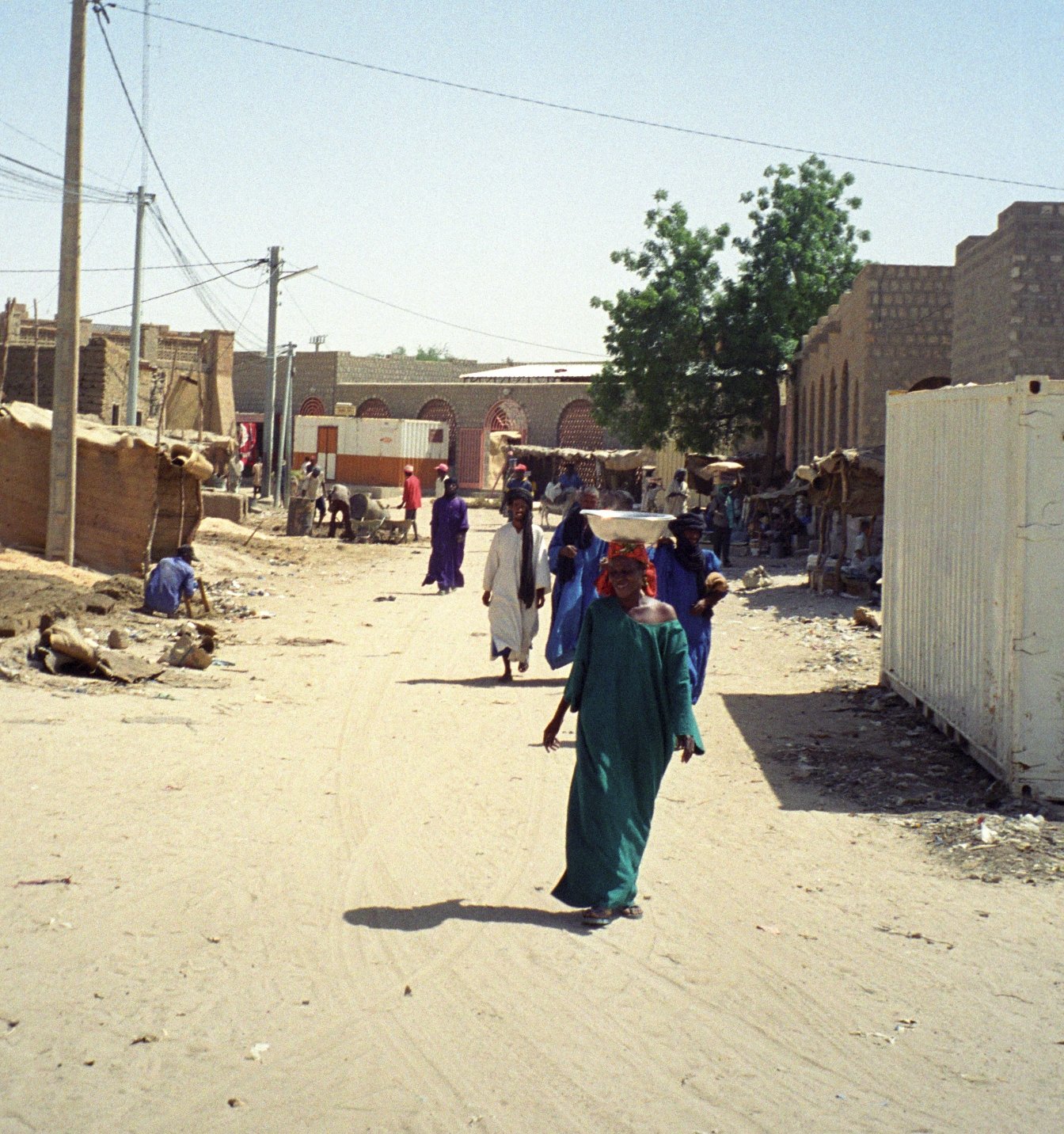|
Yagbum
Yagbum was the capital city of the Gonja (kingdom) founded by Naba'a of the Ngbanya dynasty. Naba'a reigned from 1552/3 to 1582/3. It is now northern Ghana, near the Black Volta The Black Volta or Mouhoun is a river that flows through Burkina Faso for approximately 1,352 km (840 mi) to the White Volta in Dagbon, Ghana, the upper end of Lake Volta. The source of the Black Volta is in the Cascades Region of Bur ... and was founded by the Mande horsemen (c. 1600). References * Populated places in Ghana {{Ghana-geo-stub ... [...More Info...] [...Related Items...] OR: [Wikipedia] [Google] [Baidu] |
Gonja (kingdom)
Gonja (also Ghanjawiyyu, endonym Ngbanya) was a kingdom in northern Ghana founded in 1675 by Sumaila Ndewura Jakpa. The word can also refer to the people of this kingdom. Origin The Gonja are a Guan people who have been influenced by Dagbon, Akan, Mande and Hausa people. With the fall of the Songhai Empire (c. 1600), the Mande Ngbanya clan moved south, crossing the Black Volta and founding a city at Yagbum. The Gonja kingdom was originally divided into sections overseen by male siblings of Sumaila Ndewura Jakpa including their children and grandchildren. Under the leadership of Naba'a, the Ngbanya dynasty of Gonja was founded. The capital was established at Yagbum. The Ngbanya expanded rapidly, conquering several neighbors in the White Volta valley and beginning a profitable gold trade with the Akan states through nearby Begho. By 1675, the Gonja established a paramount chief, called the Yagbongwura, to control the kingdom. The Ngbanya dynasty has controlled this position fr ... [...More Info...] [...Related Items...] OR: [Wikipedia] [Google] [Baidu] |
Ghana
Ghana (; tw, Gaana, ee, Gana), officially the Republic of Ghana, is a country in West Africa. It abuts the Gulf of Guinea and the Atlantic Ocean to the south, sharing borders with Ivory Coast in Ghana–Ivory Coast border, the west, Burkina Faso in Burkina Faso–Ghana border, the north, and Togo in Ghana–Togo border, the east.Jackson, John G. (2001) ''Introduction to African Civilizations'', Citadel Press, p. 201, . Ghana covers an area of , spanning diverse biomes that range from coastal savannas to tropical rainforests. With nearly 31 million inhabitants (according to 2021 census), Ghana is the List of African countries by population, second-most populous country in West Africa, after Nigeria. The capital and List of cities in Ghana, largest city is Accra; other major cities are Kumasi, Tamale, Ghana, Tamale, and Sekondi-Takoradi. The first permanent state in present-day Ghana was the Bono state of the 11th century. Numerous kingdoms and empires emerged over the centuri ... [...More Info...] [...Related Items...] OR: [Wikipedia] [Google] [Baidu] |
Black Volta
The Black Volta or Mouhoun is a river that flows through Burkina Faso for approximately 1,352 km (840 mi) to the White Volta in Dagbon, Ghana, the upper end of Lake Volta. The source of the Black Volta is in the Cascades Region of Burkina Faso, close to Mount Tenakourou, the highest point of the country. Further downstream it forms part of the border between Ghana and Burkina Faso, and later between Côte d'Ivoire and Ghana. Within Ghana, it forms the border between the Savannah A savanna or savannah is a mixed woodland-grassland (i.e. grassy woodland) ecosystem characterised by the trees being sufficiently widely spaced so that the canopy does not close. The open canopy allows sufficient light to reach the ground to ... and the Bono regions. The Bui Dam, a hydroelectric power plant, is built on the river, just south of the Bui National Park, which the river bisects. References Volta River Rivers of Ghana Lake Volta Rivers of Burkina Faso Int ... [...More Info...] [...Related Items...] OR: [Wikipedia] [Google] [Baidu] |
Mandé Peoples
The Mandé peoples are ethnic groups who are speakers of Mande languages. Various Mandé speaking ethnic groups are found particularly toward the west of West Africa. The Mandé Speaking languages are divided into two primary groups: East Mandé and West Mandé. The Mandinka people, Mandinka or Malinke people, Manding (Malinke, Bambara and Dioula), a western branch of the Mandé, are credited with the founding of the largest ancient West African empires. Other large Mandé speaking ethnicities include the Soninke people, Soninke and Susu people, Susu as well as smaller ethnic groups such as the Ligbi language, Ligbi, Vai (ethnic group), Vai, and Bissa people, Bissa. Mandé speaking people inhabit various environments, from coastal Guinean Forests of West Africa, rainforests to the sparse Sahel. They have a wide range of cuisines, cultures, and beliefs, and are organized mainly by their language group. Today they are predominantly Muslim and follow a caste system. Islam has play ... [...More Info...] [...Related Items...] OR: [Wikipedia] [Google] [Baidu] |

